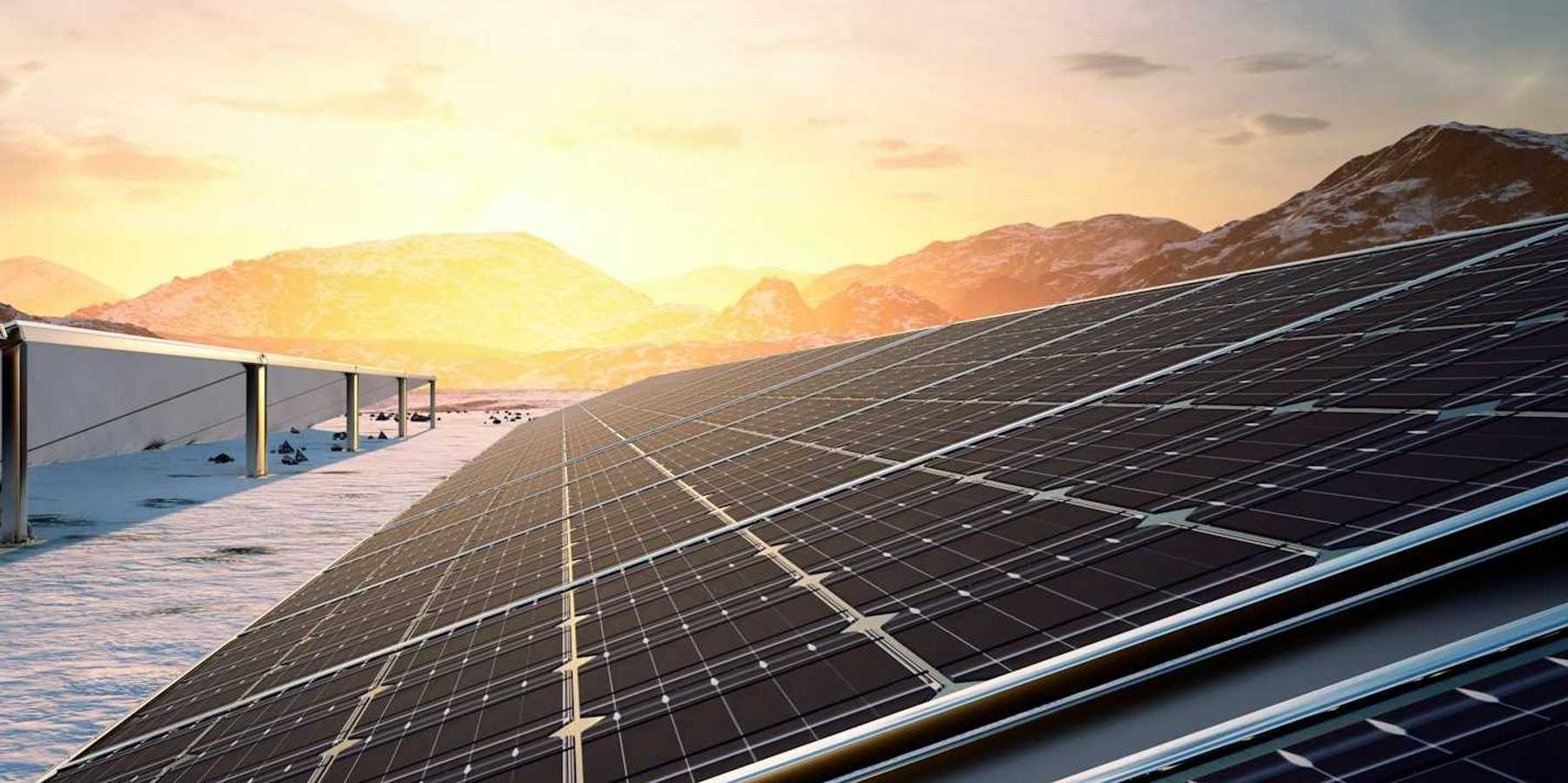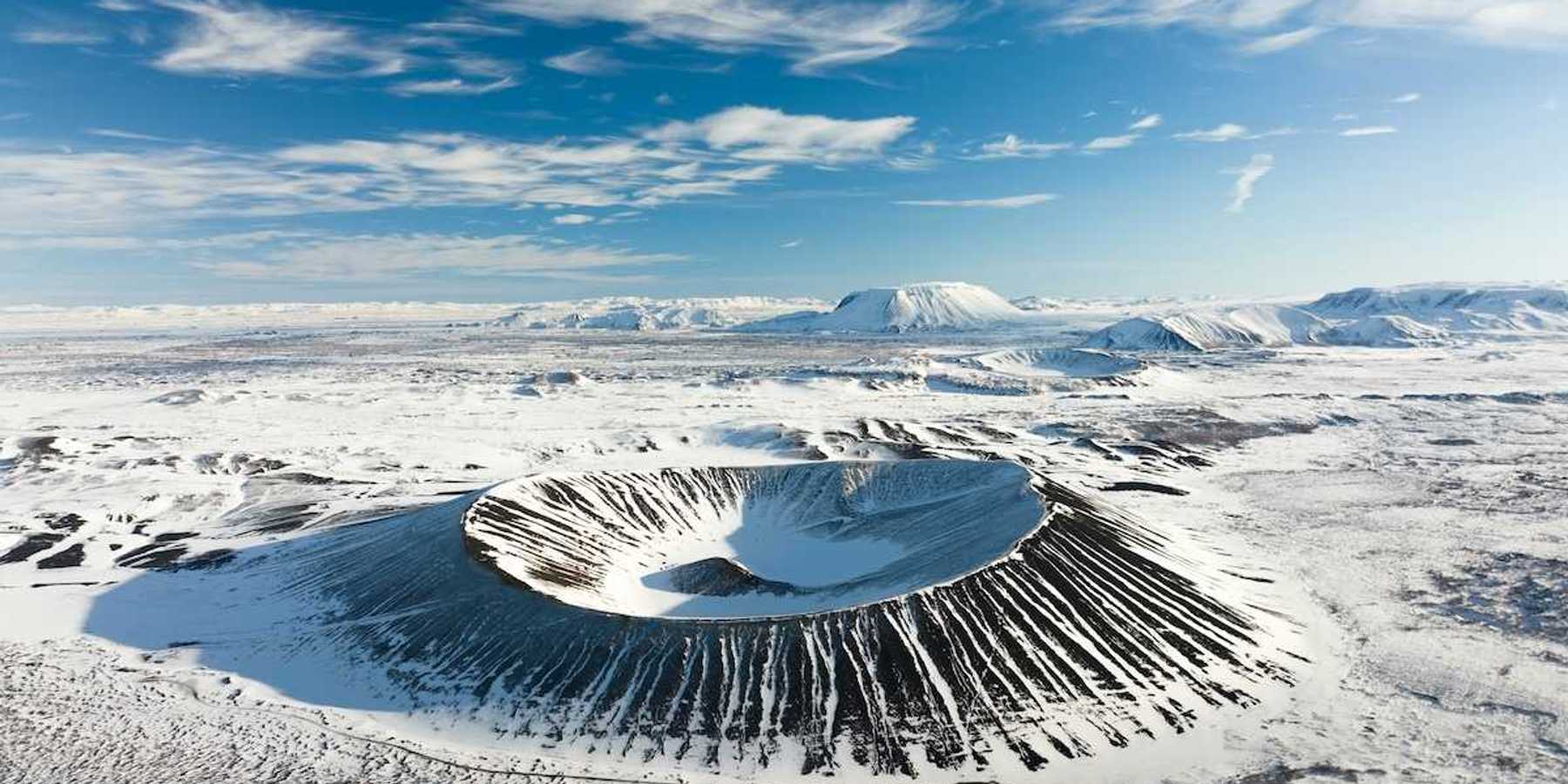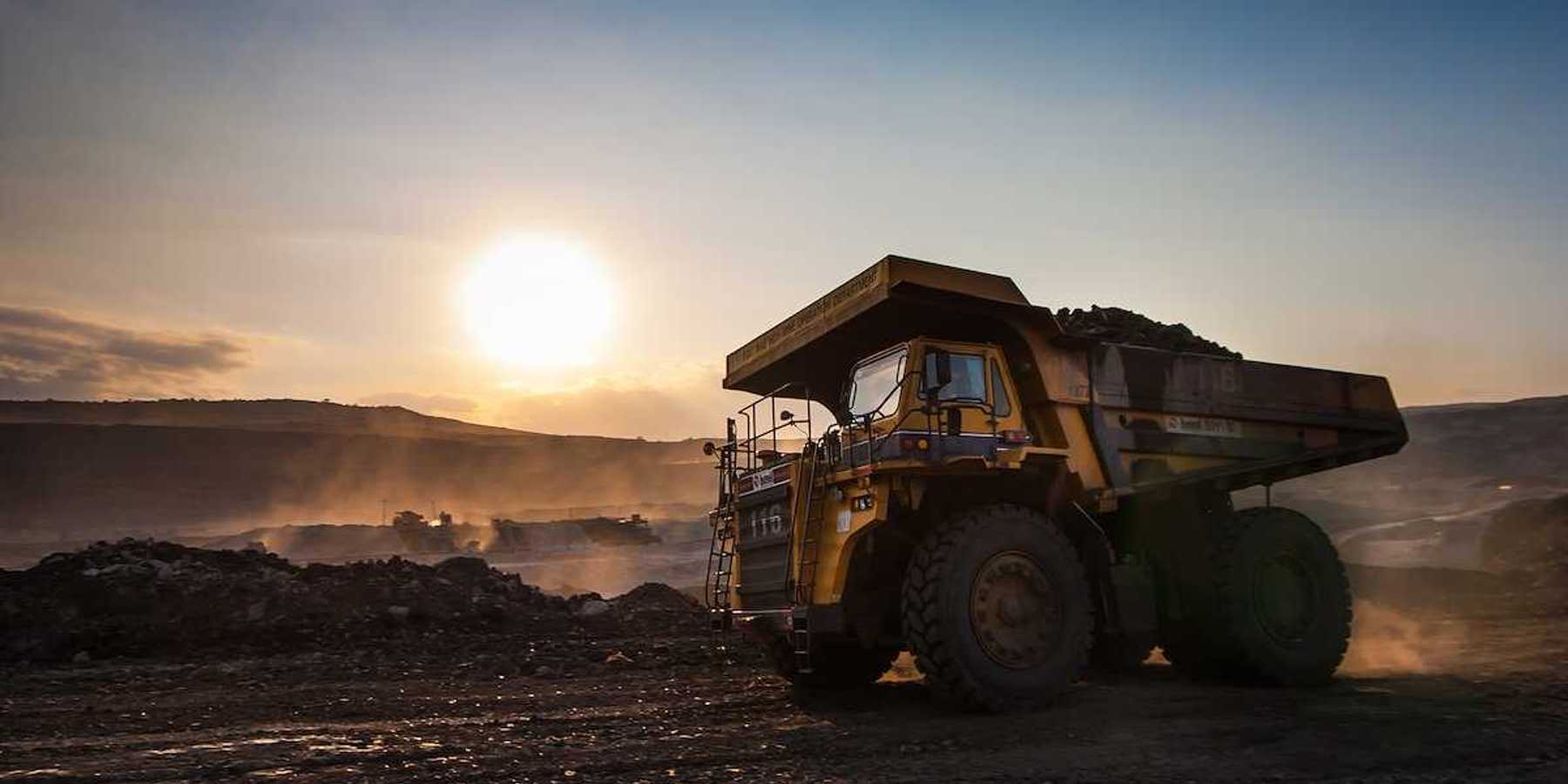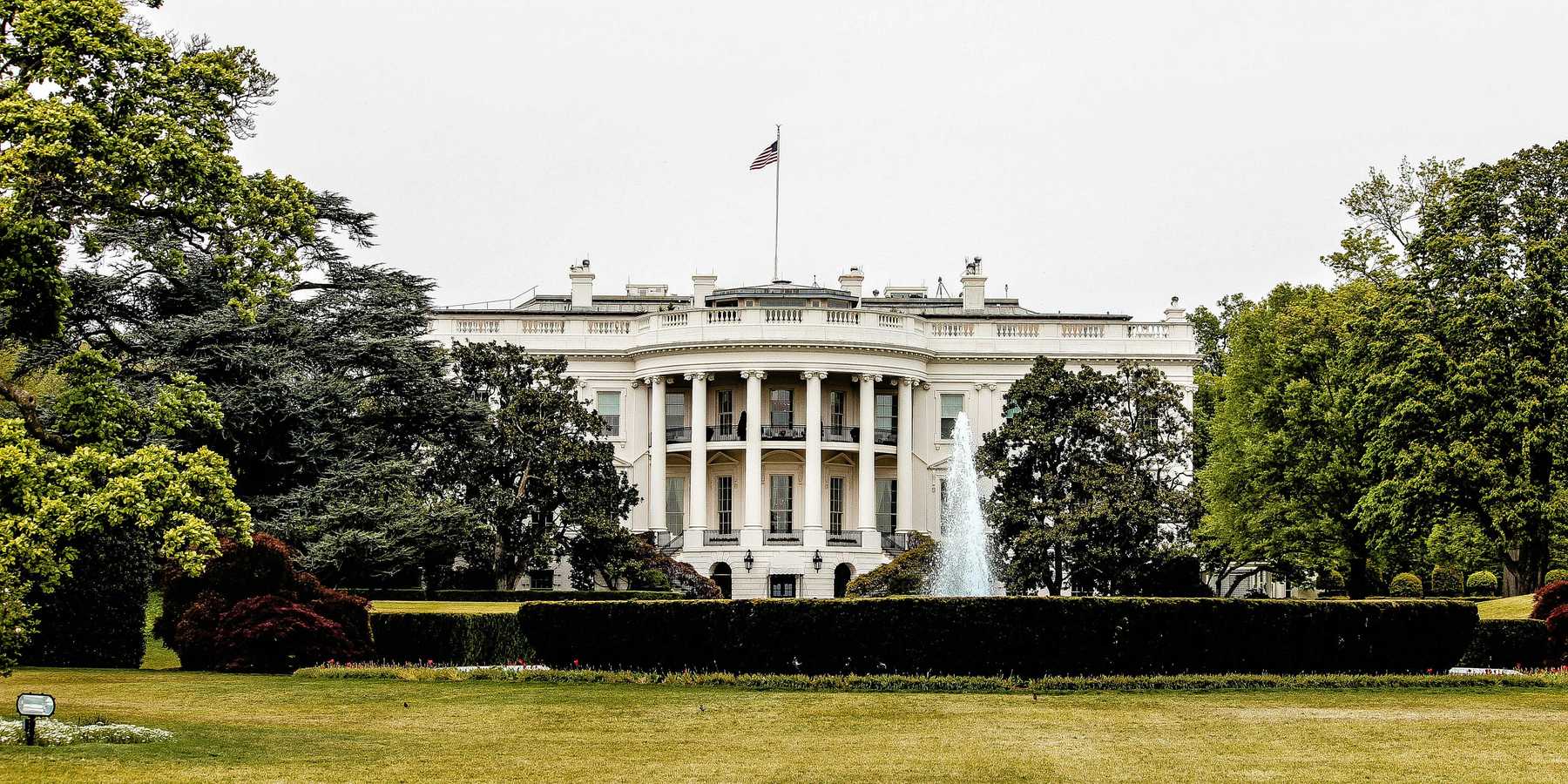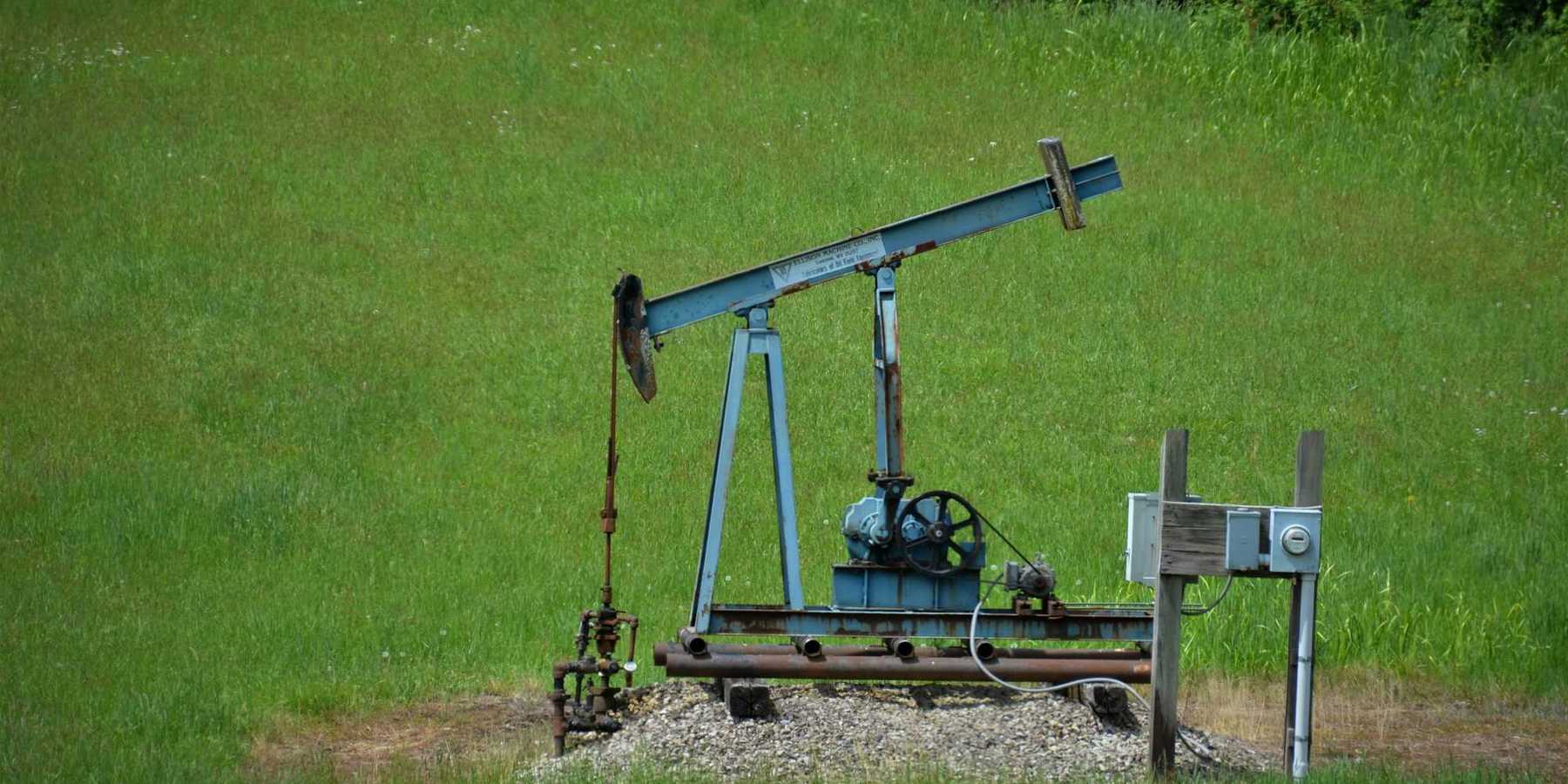Birmingham public transit inches forward with federal help, and no state funding
Alabama, the only state that doesn't fund public transit, passed on another opportunity this legislative session. Thanks to car dependence, the state has the nation's highest per-capita gasoline use. Read Marianne Lavelle's story at Inside Climate News.
In a nutshell:
First established at the Alabama constitutional convention of 1875 and further enshrined, since 1901, in Alabama's state constitution are provisions that the state "never engage in works of internal improvement… for any purpose whatsoever.” Allocating state funds for anything deemed an “improvement” by the state government essentially requires a constitutional amendment. As public transportation was and is considered an "improvement" by a state government that is not inclined to support it, Alabama's neglect of public transit continues unabated, often challenged but never broken.
Key quote:
“Alabama has a state constitution that is rooted in the haves and have-nots, particularly, white versus Black people,” says Birmingham Mayor Randall Woodfin. “The conversation was, at some point, that only urban cores desired or needed public transportation, and we know there was a significant Black population here. So to literally have in your state constitution, ‘no funding for public transportation’—I think we know what that is, on its face.”
Big picture:
With limited public transportation options, Alabama residents tend to rely on private vehicles, leading to more miles driven, more gasoline consumption, more tailpipe emissions and frequently abysmal air quality in urban areas. Moreover, the lack of accessible and efficient mass transit disproportionately impacts low-income communities that heavily depend on public transportation as their primary mode of getting around. State officials for the most part, seem uninterested in building an environmentally sustainable and equitable transportation system for the people of Alabama. Comparisons and references to Rosa Parks have not gone unnoticed.



